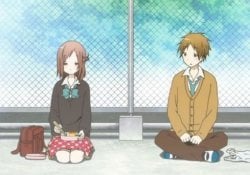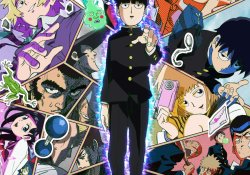Ever wondered what Mada Mada means in the Japanese language? In this article we will see its real meaning, where we usually hear this term and what its origin.
"Mada mada" is a Japanese expression that means "I'm not good enough yet" or "I'm not ready yet". It is commonly used to refer to skills or knowledge that still need to be developed or improved.
The expression is widely known in Japan being used in a variety of contexts including sports, training and study. It is often used as a motivation to keep working hard and improving skills.
We also recommend reading:
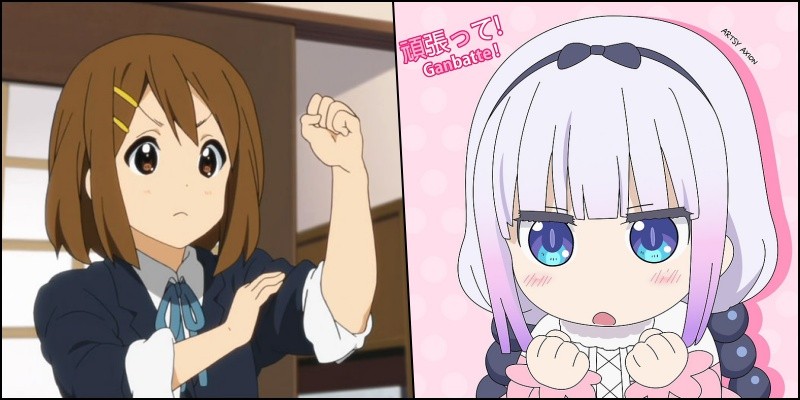
Índice de Conteúdo
Meaning of Mada Mada
We've just seen the essence of the word, but mada mada「未だ未だ」 can be literally translated as "not yet", "much more" and "there is still a long way (to go)".
It is a repetition of the word mada 「未だ」 which is an adverb that can mean still, only, more, at least, comparatively, relatively and also represents an adjective of unfinished and incomplete.
The expression "mada mada" can also have several other meanings, depending on the context in which it is used. Some of the most common meanings are:
- “I'm still not good enough”: this is the most common interpretation of the expression. It is used to refer to skills or knowledge that still need to be developed or improved.
- “I'm not ready yet”: the expression can also be used to indicate that someone is not yet ready for something, be it a test, a competition or any other task.
- “I am not satisfied with my progress”: the expression can be used to indicate dissatisfaction with the progress made in some area or activity.
- “I won't settle for my current skill level”: the expression can be used as a reminder that it's important to keep working hard and looking for constant improvement.
In general, the expression “mada mada” is used to motivate people to keep striving and looking for improvements, whether in skills, knowledge or any other area.
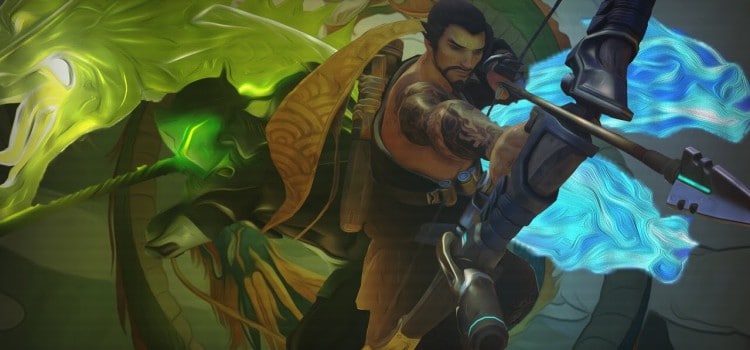
Characters who speak Mada Mada
Many people end up searching for this word because they often hear anime characters saying it. This expression became popular thanks to Overwatch's Genji who used to repeatedly say "mada mada".
Read also: Japanese Overwatch Trivia and Phrases
Other anime characters who frequently use the expression "mada mada" are:
Toru Oikawa, a main character in “Haikyuu!!”, a volleyball sports anime and manga. Oikawa is known for being a talented player, but also for being very demanding of himself and others. He uses the expression “mada mada” to encourage himself and others to keep striving to be even better.
Ryoma Echizen, a main character in “The Prince of Tennis”, a sports anime and manga about tennis. Ryoma is a very talented young tennis player, but he is also very confident in himself and doesn't mind speaking his mind. He uses the expression “mada mada” to say that there is still room for improvement and to tease other players.
Gon Freecss, a main character in “Hunter x Hunter”, an action-adventure anime and manga. Gon is a young hunter in search of his father, and he uses the expression "mada mada" to encourage himself and others to keep striving on their journey.
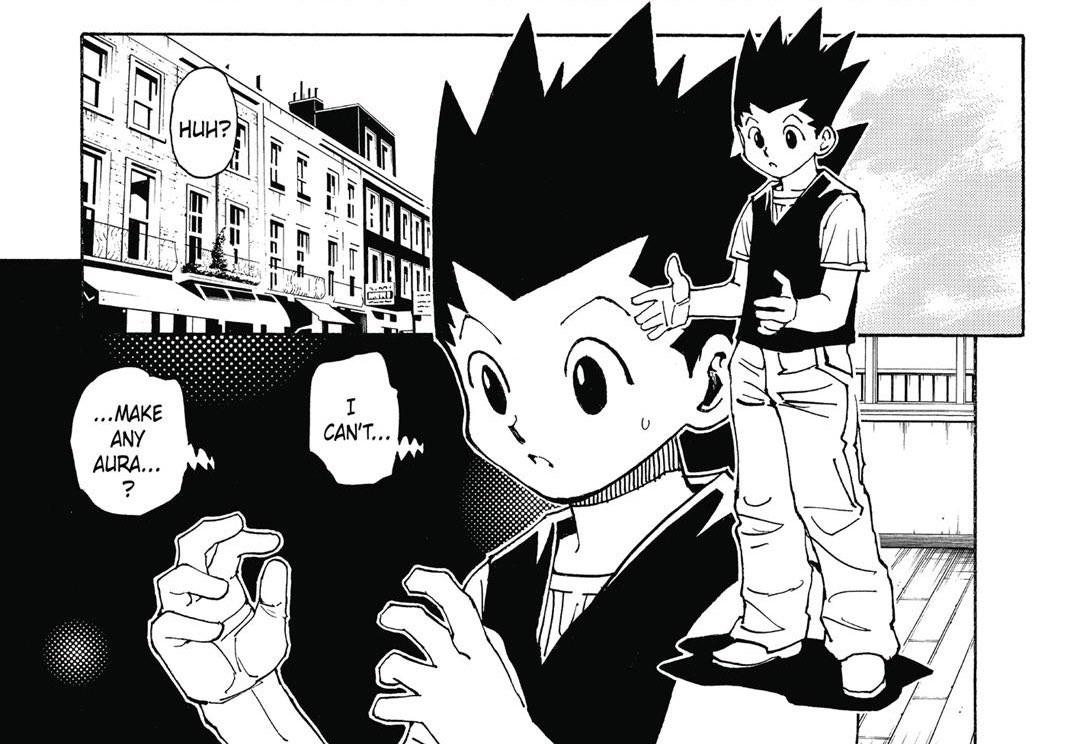
Phrases that use the expression 「まだまだ」
Below are some Japanese sentences that contain the expression "mada mada":
(まだまだどうでもいい) Mada mada dou demo ii
The phrase above means “never mind, there is still plenty of time”. It's an expression used to say that there's still time to do something, so there's no need to rush.
まだまだくせに Mada mada kuseni
The phrase above means "I'm still not satisfied". It is an expression used to say that there is still more to be done or that there is still room for improvement.
まだまだ終われない Mada mada owarenai
The phrase above means "it's not over yet". It is an expression used to say that something has not yet been completed.
まだまだ歩きたい Mada mada arukitai
The phrase above means “I still want to walk more”. It's an expression used to say that you still have energy or willingness to keep doing something.




